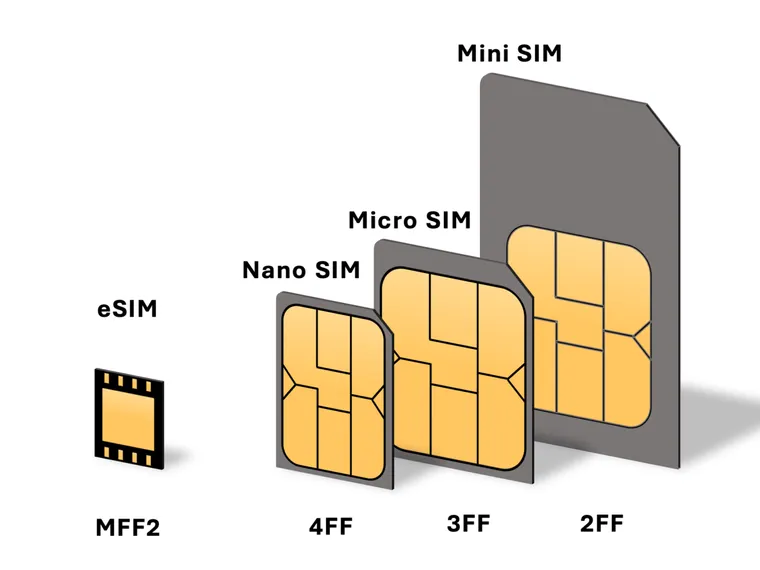A SIM card, or Subscriber Identity Module, is a small chip that plays a big role in modern communication. It stores essential information like your phone number, carrier data, and personal contacts. Without a SIM card, most mobile phones cannot connect to a cellular network, which means no calls, texts, or mobile data. These cards are programmed to authenticate your identity with the mobile provider, enabling secure access to services and protecting your data from unauthorized use. SIM cards have evolved in size and capability, from full-size to mini, micro, and now nano versions, making them adaptable to a range of modern devices.
Beyond just making phone calls and sending texts, SIM cards have become critical for numerous tech applications. They support mobile banking, two-factor authentication, international roaming, and even allow travelers to switch networks using prepaid or local cards. Dual SIM phones allow multiple SIM cards, giving users the flexibility to use two numbers simultaneously. As the tech landscape moves forward, eSIM technology is gaining ground—embedding the SIM function directly into the device without the need for a physical card, opening new doors for innovation in smartwatches, tablets, and other IoT devices.
What Does a SIM Card Do?
A SIM card connects your mobile device to your carrier’s network. It allows your device to access mobile services like voice calls, text messaging, and mobile data. It also stores your unique International Mobile Subscriber Identity (IMSI), enabling secure network authentication.
Types of SIM Cards
- Standard SIM: Rarely used now, larger in size.
- Micro SIM: Smaller and used in older smartphones.
- Nano SIM: The most commonly used today.
- eSIM: Embedded and programmable SIM, gaining popularity in newer devices.
SIM Cards and Security
SIM cards provide encryption and identity protection. They help prevent unauthorized access to mobile networks and ensure secure transmission of personal data. PIN codes and PUK codes are added security features that protect SIM content.
The Future: eSIM Technology
The rise of eSIMs marks a significant shift. With no physical card needed, devices can be activated remotely with a QR code or app. This benefits travelers, businesses managing multiple devices, and users of compact gadgets like smartwatches.
In conclusion, while small in size, SIM cards are vital to the functionality and security of mobile communication. With technological advancements leading to eSIMs, the way we stay connected is becoming even more seamless and integrated.
Top 5 Prepaid SIM Card in USAForbeshttps://www.forbes.com


Wireless for $15 Bucks a Month — We've compared the best prepaid cell phone plans to help you find the right one for you.
Conclusion
SIM cards are a small yet vital part of modern mobile technology. They provide identity, connectivity, and portability, powering the way we communicate today. Whether it’s a traditional SIM or a digital eSIM, these chips are central to staying connected in our fast-paced, mobile world.

